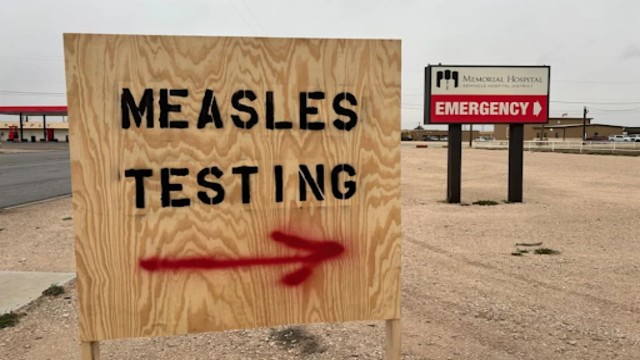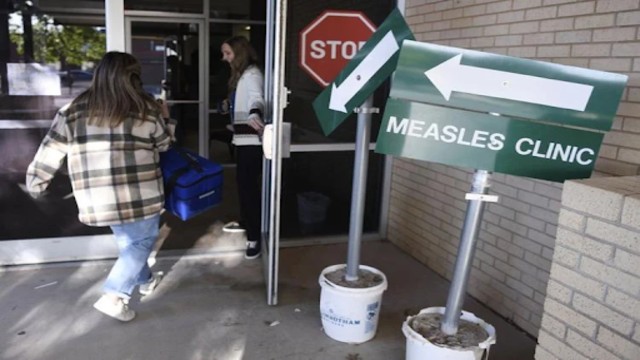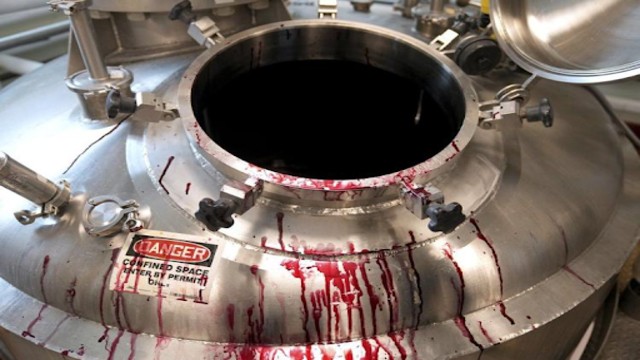
About 40 people showed up for measles testing this week at a mobile site in Seminole, Texas.
The ongoing measles outbreak in West Texas has rapidly expanded, now affecting 48 people, mostly children and teenagers. This surge has made it the state’s most severe measles outbreak in nearly 30 years. The situation has prompted health authorities to act swiftly as the virus spreads within an unvaccinated community.
Growing Outbreak in Rural Communities
The Texas Department of State Health Services (DSHS) confirmed the outbreak has significantly impacted a rural area, especially within a close-knit Mennonite community in Gaines County. The virus has also spread to neighboring counties, including Lynn, Terry, and Yoakum, with one case even reported across the state line in Lea County, New Mexico.
In total, 13 individuals have been hospitalized due to the infection. Health officials point out that most of the people affected are either unvaccinated or have an unknown vaccination status. The community in Gaines County is particularly vulnerable, with many families choosing to homeschool or send their children to small private schools. According to DSHS spokesperson Lara Anton, the lack of vaccination isn’t a result of religious beliefs but rather personal choices within the community. Many residents do not seek regular healthcare, making it harder to maintain immunity against preventable diseases like measles.
Addressing the Root Causes
Texas state health officials are collaborating with local authorities to combat the spread of the virus. Efforts include increasing vaccination outreach, offering screening services, and educating school officials about recognizing measles symptoms. These initiatives aim to encourage families to vaccinate their children and prevent further infections.
While the outbreak is concentrated in a rural area, health experts are concerned about its potential to spread further. Measles, a highly contagious virus, can survive in the air for up to two hours and can infect up to 90% of people who are unvaccinated and exposed. Prior to the introduction of the measles vaccine in 1963, the U.S. saw millions of cases annually, but the disease is now typically rare, with fewer than 200 cases reported in a normal year.
Rising Vaccine Exemptions in Texas
In Texas, vaccinations are required for kindergarten students to attend public schools, but parents can opt out for religious or personal reasons. The rate of exemptions has steadily increased over the past decade, rising from 0.76% in 2014 to 2.32% in 2024. Gaines County stands out with one of the highest exemption rates in Texas, with nearly 14% of school-aged children opting out of at least one required vaccine. This statistic does not include homeschooled children, so the true number of unvaccinated children is likely higher.
A Call for Action
As this outbreak continues to unfold, health experts are urging families to consider the risks of skipping vaccinations. Measles is preventable with a simple two-dose vaccine, yet the recent rise in cases highlights the dangers of vaccine hesitancy. The state of Texas, along with local health officials, is doubling down on efforts to educate the public and contain this outbreak, but the responsibility to protect public health lies with all of us.
The West Texas measles outbreak is a stark reminder of how easily preventable diseases can spread when vaccination rates decline. It’s crucial that communities come together to protect not just their own families, but those around them, from potentially life-threatening diseases.















